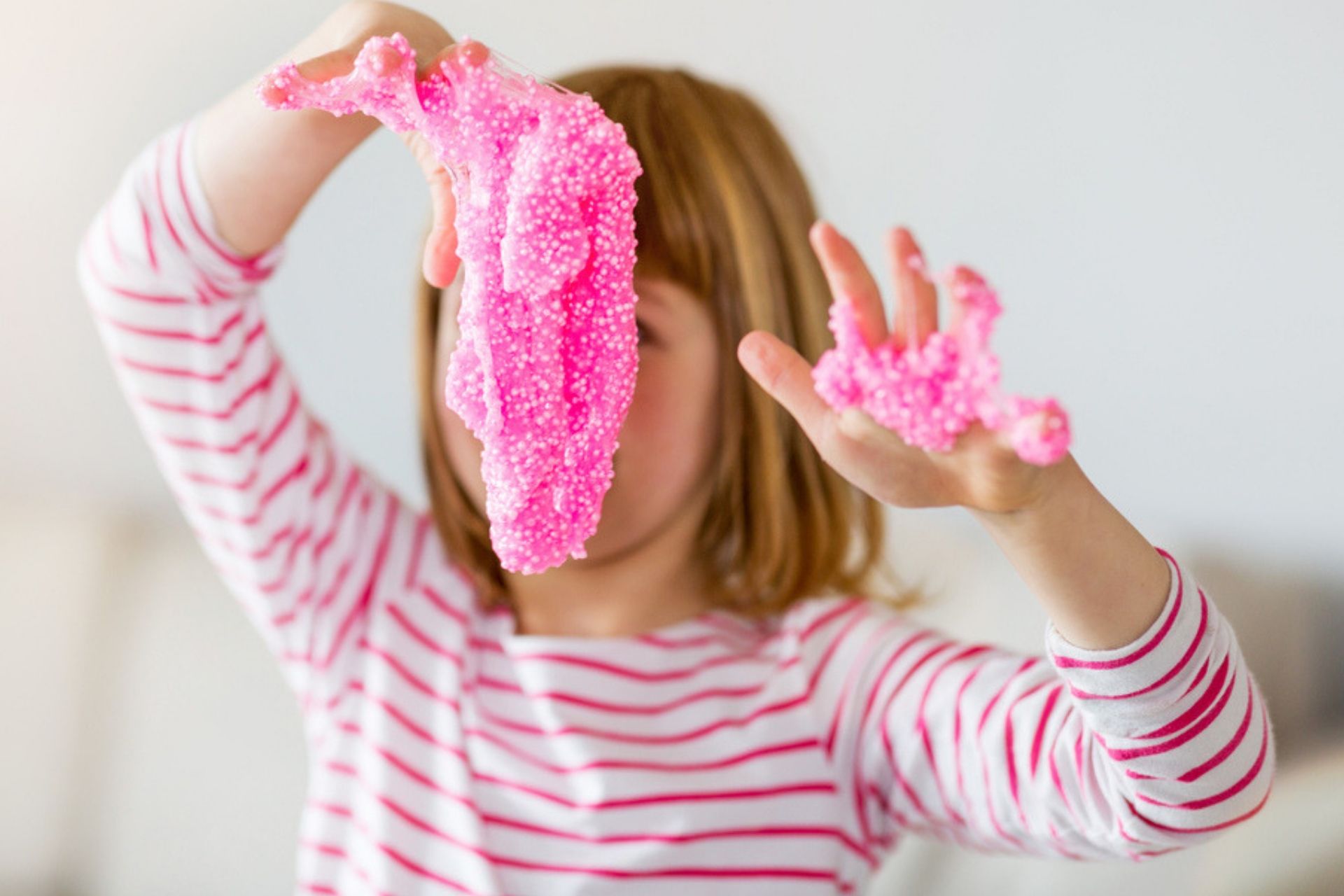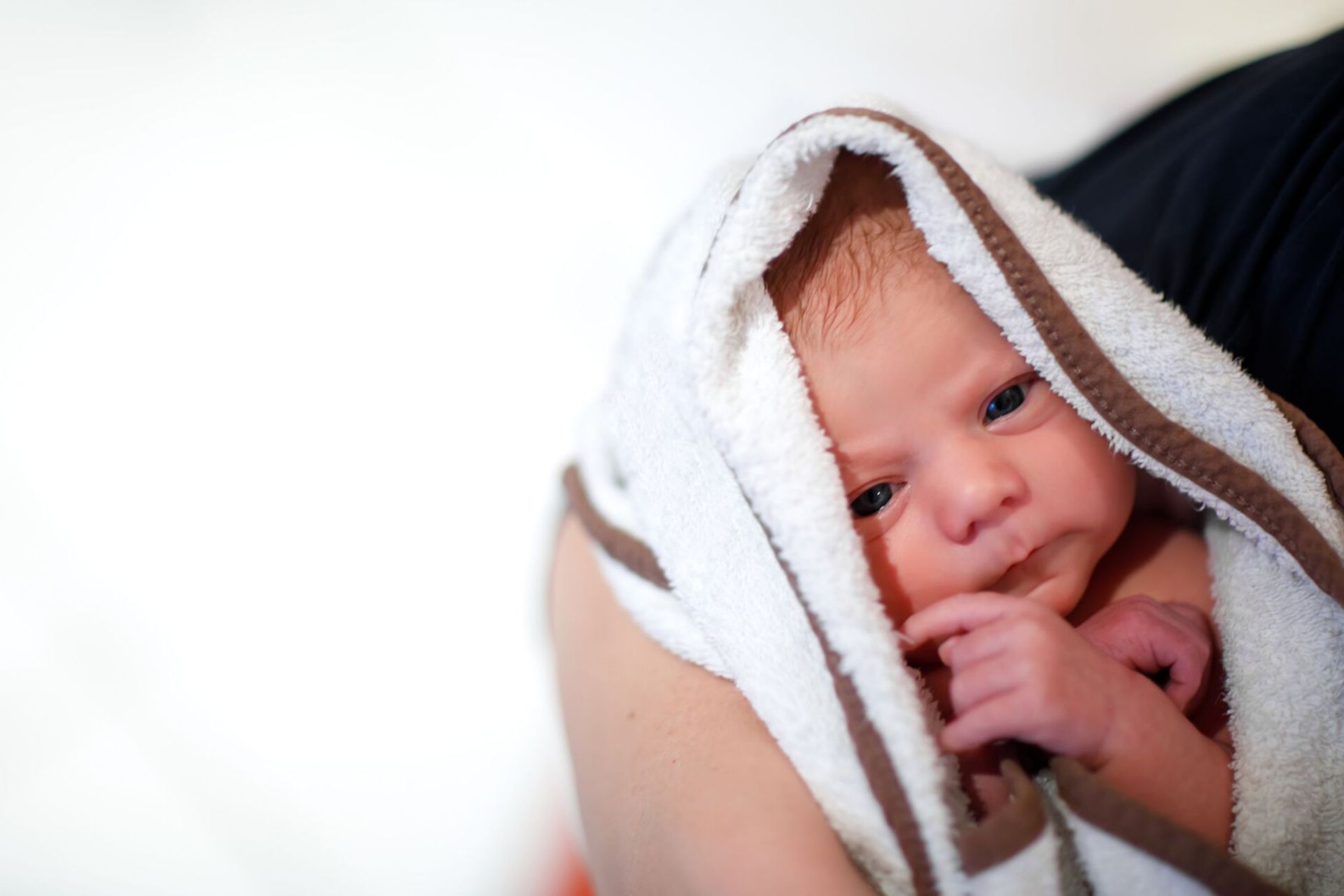10 tips for parents to survive sleep deprivation
Have you said goodbye to sleep?
Maybe you’re experiencing pregnancy insomnia in full force or you have a little one who is waking frequently and then you end up ‘tired but wired’ and unable to get back to sleep once they have settled.
If you are feeling exhausted or as though you’re “running on stress hormones” (and coffee!) all day, do not fear, I have some great tips on how you can maximise the amount and quality of sleep you get and survive sleep deprivation!
The science of sleep is fascinating, complicated and growing
Sleep is this daily thing that we all do and yet we’re just beginning to understand all of the ways it helps us and all of the factors that can affect it.
The three main purposes of sleep are:
- To restore our body and mind. Our bodies repair, grow and even “detoxify” our brains while we sleep.
- To improve our brain’s ability to learn and remember things, technically known as “synaptic plasticity.”
- To conserve some energy so we’re not just actively “out and about” 24-hours a day, every day.
Lack of sleep affects just about everything in your body and mind, including memory and decision-making skills…ever tried to brush your teeth with nappy cream or worn two different shoes for the day?!
And while every person has a unique system with its own biological clock and requirements for sleep, we know that a lack of sleep (around 8 hours as a guideline, although quality is more important than quantity) in the long term, is linked to a range of health problems including weakened immunity, weight gain and high blood pressure.
However, we need to be realistic that becoming a parent means that we will experience a disruption to our sleep. A recent study found that new parents face up to six years of sleep deprivation, with the peak time around three months after birth.
With this reality in mind, let’s look at what you can do to maximise your sleep during the challenging early years.

10 tips to survive sleep deprivation as a parent
1. Make night-time care of your infant or child as convenient and minimally arousing as possible.
Research has found that setting up your environment in an optimal way for infant care can minimise disruption to your sleep.
Keeping your child close can not only decrease the number of wakings but also the duration of night-time arousals. If your baby is nearby, you are more likely to wake gently with minimal noise from your baby, rather than being woken by baby becoming progressively louder and ‘more dialled up’ (with greater activation of the sympathetic nervous system in both you and your baby).
Family co-sleeping ranges from bed-sharing to room-sharing in separate beds and is common practice throughout the world. In Australia, Red Nose recommends that children sleep on their own sleep surface in the same room as their caregiver (room-sharing), however, there are safe bed-sharing guidelines available.
Although having your infant or child close is convenient, for some parents the noises their child makes while asleep can needlessly awaken them. If this is the case for you, white noise may help mask such intermittent noises and thereby promote more consolidated sleep. Examples of white noise include fans and quiet music. There are a number of apps or small machines that you can buy to create white noise.
While exposure to light has also been shown to disrupt the circadian rhythms of sleep-wake cycles some light is necessary to safely perform infant night-time care, such as feeds and nappy changes. Dim lighting via a lamp can address the need for some lighting. Avoid using your mobile phone during this time and if possible ensure that your night lamp uses a red light globe. This will decrease your exposure to blue light which is known to disrupt sleep-wake cycles and melatonin secretion.
2. Breastfeed if you can
Obviously for a range of reasons not all mothers are able to breastfeed. However, it is a common misconception that parents who formula feed get more sleep. Research has shown that parents of infants who are breastfed in the evening and/or at night sleep an average of 40–45 minutes more than parents of infants given formula.
This is likely due to a range of factors including the composition of breastmilk, which contains sleep-inducing properties such as the hormone cholecystokinin and amino acid tryptophan, the convenience of feeding at the breast – often in the bedroom or even while remaining in bed rather than having to get up and prepare a bottle, and the likelihood of resettling quickly – meaning less arousal for both mum and baby.

3. Do what works to settle your child quickly and don’t feel guilty
Babies are designed to be close to their caregivers, you are not creating bad sleep habits or a crutch by using strategies such as feeding, rocking or safe bedsharing to downregulate your baby’s sympathetic nervous system (or your own) and settling them back to sleep quickly. I promise!
The idea that these strategies are bad habits or ‘lazy parenting’ is based on first wave behavioural psychology from the 1950s (which was based on theories relating to animal behaviour and not human neuroscience!). But that is another article for another day!
4. During the day get some sunshine and exercise
Early morning light, in particular, is beneficial as it is made up of red light that stimulates and heals our bodies. It helps to maintain your circadian clock by telling your body that it’s daytime; time for being productive, active and alert. By doing this during the day it will help you wind down more easily in the evening. This applies not only to your own circadian rhythm but your baby’s, assisting with consolidated sleep at night.
Although it may be the last thing you feel like doing, studies show that exercise helps to improve sleep quality. Getting out for a walk with your child to the park and letting them explore while there, increases the chances that you will both experience higher levels of sleepiness later in the day – a biological regulator for sleep.
5. Reduce negative sensory input AKA exposure to blue light at least 1 hour before bedtime
Blue light, like that emitted from electronic devices and artificial lighting, is known to suppress melatonin and disrupt sleep. It increases cortisol, stimulating our brain to believe that it is daytime and even making us crave food. Dimming artificial lights (or switching over to red globes) and nixing screen time both before bed and during night-wakings is essential in helping us (both parents and children) wind down for sleep.
6. Get to bed earlier
I get that this can be a hard one! Once your child/children are finally asleep, it’s your time for self-care or couple time.
Chances are your child has the biggest chunk of sleep early in the evening—ride that wave by tucking yourself in, even if it is only on a few nights a week, your body and mind will thank you for it.

7. Cut your caffeine
If you’re like me, you love your coffee and enjoy every sip! But did you know that caffeine has a half-life (the time taken in the body for the dose to reduce by half ) of 5 -10 hours?
That means that if you drink a cup of coffee at 3:30 PM, the caffeine is still with you at 9:30 PM! One study concluded that the significant impact of caffeine on total sleep time supports the recommendation to refrain from caffeine use for a minimum of 6 hours prior to bedtime.
(BONUS: I have a great caffeine-free chai latte recipe for you below!).
8. Try magnesium supplements
9. Try Aromatherapy
You could try using a diffuser or pillow spray. You can read more about safe essential oil use for mums and babies here.
10. Get support
Where possible get some help around the home. Whether that is asking grandparents to come and entertain your baby while you nap, hiring a cleaner or joining a supportive online Facebook group of like-minded parents like Natural Mums Western Australia, The Beyond Sleep Training Project or PIPPS Parents, don’t be afraid to reach out to make life a bit more manageable!
So how many of these tips can you start implementing today?
Bonus Recipe (Caffeine-free latte for your afternoon “coffee break”): Caffeine-Free Chai Latte

Serves 1-2
Ingredients
1 bag of rooibos chai tea (rooibos is naturally caffeine-free)
2 cups of boiling water
1 tablespoon tahini
1 tablespoon almond butter (creamy is preferred)
2 dates (optional)
Directions
Cover the teabag and dates (if using) with 2 cups of boiling water and steep for a few minutes.
Discard the tea bag & place tea, soaked dates, tahini & almond butter into a blender.
Blend until creamy.
Serve and Enjoy!
Tip: You can try this with other nut or seed butters to see which flavour combination you like the best.
Looking for some ideas for gentle sleep strategies for your child?
Download my free Gentle Sleep Strategies guide here





